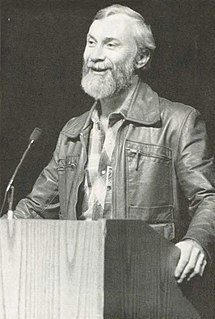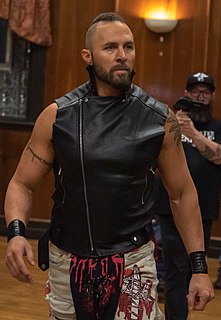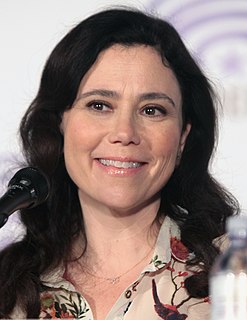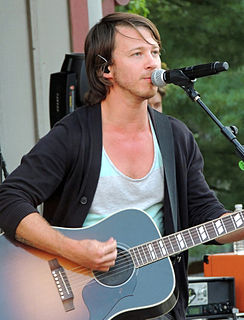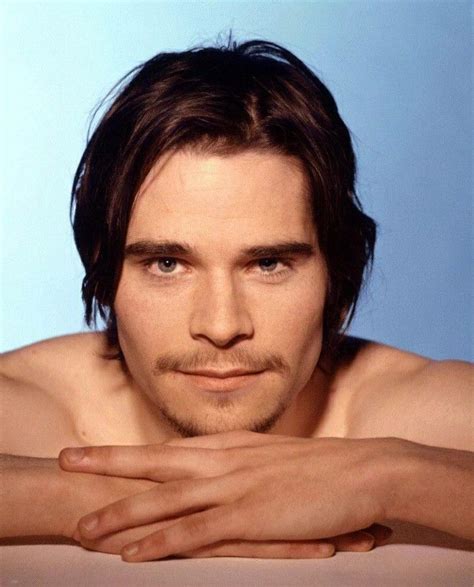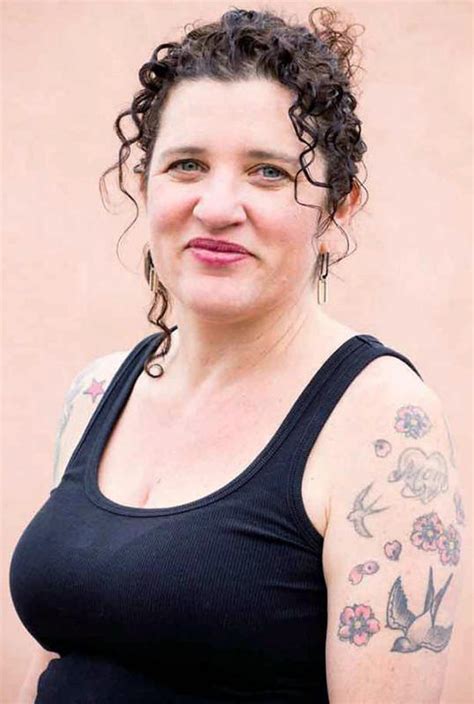A Quote by Stephen Colbert
When I got to 'The Daily Show,' they asked me to have a political opinion. It turned out that I had one, but I didn't realize quite how liberal I was until I was asked to make passionate comedic choices as opposed to necessarily successful comedic choices.
Related Quotes
I'm trying to mediate between individual agency and structural determination. I accept that people make individual choices, quite thoughtful, quite careful, quite difficult choices, but they don't make them without constraints that shape what choices are possible and provide the intensity of the push toward choosing.
I was at an autograph show, and there were a lot of people from TNA there doing meet and greets. One of the girls from TNA there asked me why I hadn't joined yet and I said I'd tried and it didn't work out. She asked me to give her a video and pictures, and a few days later I got asked to do a tryout.
A chess master can keep track of more choices than the number of stars in the galaxy within an instant, but these are people that have truly learned and mastered the choices that they have and how to deal with those choices over a very, very long period of training, so essentially what they're really doing is ruling out all the irrelevant choices and only zeroing in on the most relevant, useful choices at the moment.
When I auditioned for drama college, they asked me to do my Shakespeare. I couldn't do it. They asked me to do my modern, and I couldn't do it. They asked me if I had a song prepared, and I said 'No,' so I sang 'Happy Birthday.' And I did a reasonable improvisation, a reasonable one, nothing special at all. I don't know how I got in, but I did.
In this life we have to make many choices. Some are very important choices. Some are not. Many of our choices are between good and evil. The choices we make, however, determine to a large extent our happiness or our unhappiness, because we have to live with the consequences of our choices. Making perfect choices all of the time is not possible. It just doesn't happen. But it is possible to make good choices we can live with and grow from.
I believe that we have free will. I believe we get the chance to make choices in our lives. Not everything is set in stone from the moment we're born. We choose our destiny, our ultimate fate. But I also think that we don't realize the choices we've made until after we make them. We're racing down a freeway, only to realize we've missed all the exits, and the only direction we can go is dead ahead.
What happened on "As Cool As I Am" was, you know how in the `90s, "the personal is political, the political is personal"? That was a really big thing. Choices you made about how you recorded and what instruments you used and how much real versus how much synthetic. Those were choices that were seen as very political at the time.





